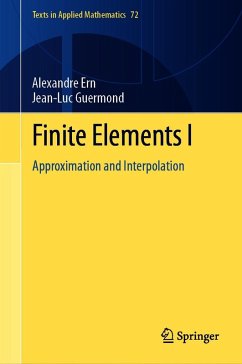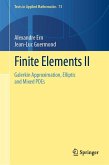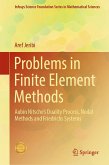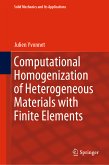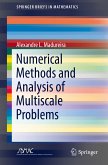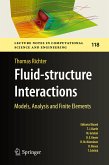Volume I is divided into 23 chapters plus two appendices on Banach and Hilbert spaces and on differential calculus. This volume focuses on the fundamental ideas regarding the construction of finiteelements and their approximation properties. It addresses the all-purpose Lagrange finite elements, but also vector-valued finite elements that are crucial to approximate the divergence and the curl operators. In addition, it also presents and analyzes quasi-interpolation operators and local commuting projections. The volume starts with four chapters on functional analysis, which are packed with examples and counterexamples to familiarize the reader with the basic facts on Lebesgue integration and weak derivatives. Volume I also reviews important implementation aspects when either developing or using a finite element toolbox, including the orientation of meshes and the enumeration of the degrees of freedom
Dieser Download kann aus rechtlichen Gründen nur mit Rechnungsadresse in A, B, BG, CY, CZ, D, DK, EW, E, FIN, F, GR, HR, H, IRL, I, LT, L, LR, M, NL, PL, P, R, S, SLO, SK ausgeliefert werden.

